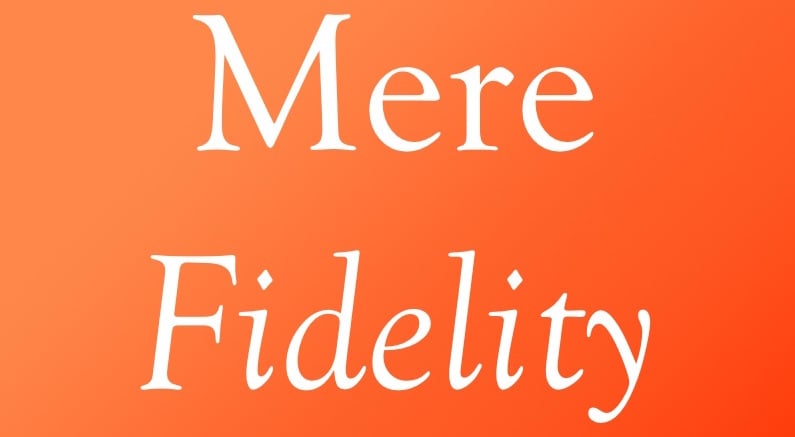If I call into my banking institution today, I hear a friendly-sounding lady answer the phone, and say “Welcome to Wells Fargo. To access your accounts, press, or say, “one.” To open a new account, press, or say, “two…” And so on. If I press 1, she kindly says, “Thank you. To expedite the handlng of your call, please enter your account number, followed by the pound key.” She asked me nicely, said please, and even explained the purpose of her asking… After I enter the account number (5114-30-5337*) she thanks me again.
The convention of automated “receptionists” has already taken hold of most large corporations and businesses… the convention of automated receptionists who respond not only to touch tone commands but voice commands is slowly setting in.
Certain credit card companies are striving more and more to imitate a casual, friendly conversation between you and the “customer service rep” on the other line. They hire professional voice-actors with calm, melodious voices to replace dry, formal, lines like “Your number could not be recognized. Please try again” with the more colloquial “Hm, I couldn’t get that to work. Can you say the number again for me?” To which you respond by speaking into the microphone.
Login to read more
Sign in or create a free account to access Subscriber-only content.
